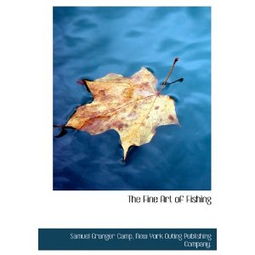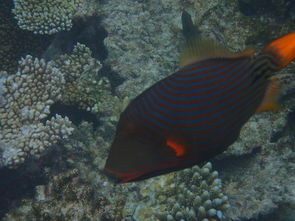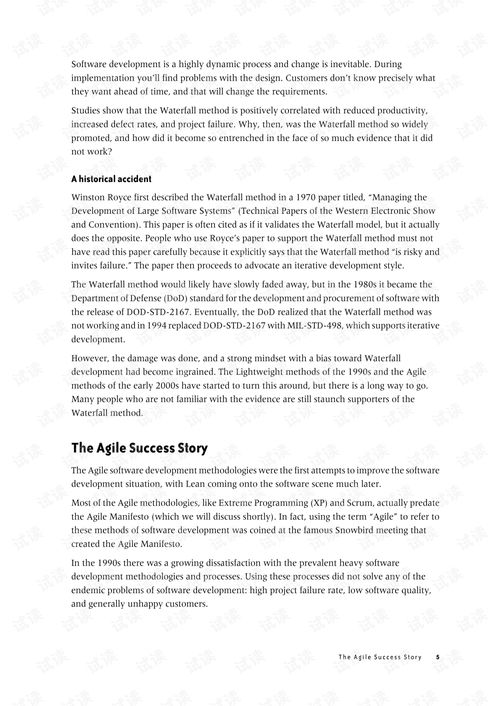Content:
Introduction: Fishing, an ancient pastime that has stood the test of time, is a beloved activity for millions around the world. Whether you're a seasoned angler or a beginner looking to cast your line into the water, there's always something new to learn. In this article, we'll delve into the world of fishing, offering a treasure trove of tips and experiences to help you improve your垂钓技巧 and make your time on the water more rewarding.
Choosing the Right Equipment: Before you even think about casting your line, it's crucial to have the right equipment. Here are some key items to consider:
- Rod and Reel: Select a rod and reel that match the type of fishing you plan to do. For example, a spinning rod and reel are ideal for freshwater fishing, while a baitcasting setup is better for larger, saltwater species.
- Line: The type of line you use depends on the fish you're targeting and the environment you're fishing in. Monofilament is versatile, while fluorocarbon is nearly invisible to fish and ideal for clear water.
- Lures and Bait: Research the species you're targeting and choose lures or bait that mimic their natural prey.
Understanding Fish Behavior: To catch fish, you need to understand their behavior. Here are some tips to help you read the water:
- Study the Water: Observe the water's surface for signs of fish activity, such as rises, splashes, or boils.
- Seasonal Patterns: Fish often follow specific patterns depending on the season. For instance, during spring, fish may be more active in the morning, while in summer, they might be more active in the evening.
- Temperature and Weather: Fish are sensitive to temperature changes, so consider the weather forecast and water temperature when planning your fishing trip.
Perfecting Your Casting Technique: Casting is a fundamental skill in fishing. Here's how to improve your technique:
- Grip: Hold the rod with a comfortable grip, using your fingers to control the line.
- Backcasts: Practice your backcast to ensure you can cast accurately and with control.
- Forward Casts: Focus on your forward cast to ensure your lure lands softly and in the desired spot.
- Drift: Learn to cast in such a way that your lure drifts naturally, as this is often more effective than a direct, unnatural presentation.
Baiting and Lure Selection: The right bait or lure can make all the difference. Here are some tips:

- Bait: Live bait can be more effective, but artificial lures can be more versatile and easier to use.
- Color and Size: Choose baits and lures that match the color and size of the natural prey in the area.
- Motion: The way you retrieve your lure or present your bait can trigger a bite. Experiment with different retrieves and presentations to see what works best.
Patience and Persistence: Fishing is a game of patience. Here are some tips to help you stay focused and persistent:
- Set Realistic Goals: Understand that not every trip will result in a catch. Set realistic goals and enjoy the process.
- Learn from Mistakes: Analyze what went wrong if you don't catch fish. It could be a matter of timing, technique, or equipment.
- Stay Committed: If you're serious about improving your fishing skills, commit to regular practice and education.
Conclusion: Fishing is an art that can be enjoyed by people of all ages and skill levels. By following these tips and drawing from the experiences of seasoned anglers, you'll be well on your way to mastering the art of fishing. Remember, the best way to learn is through practice and observation. So, grab your rod, hit the water, and start honing your垂钓技巧 today!












